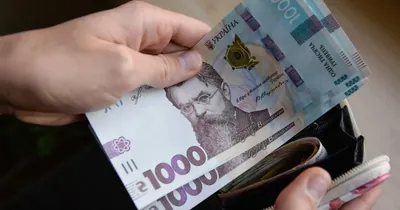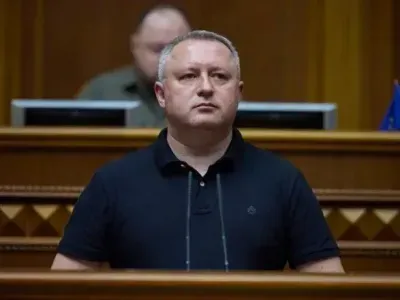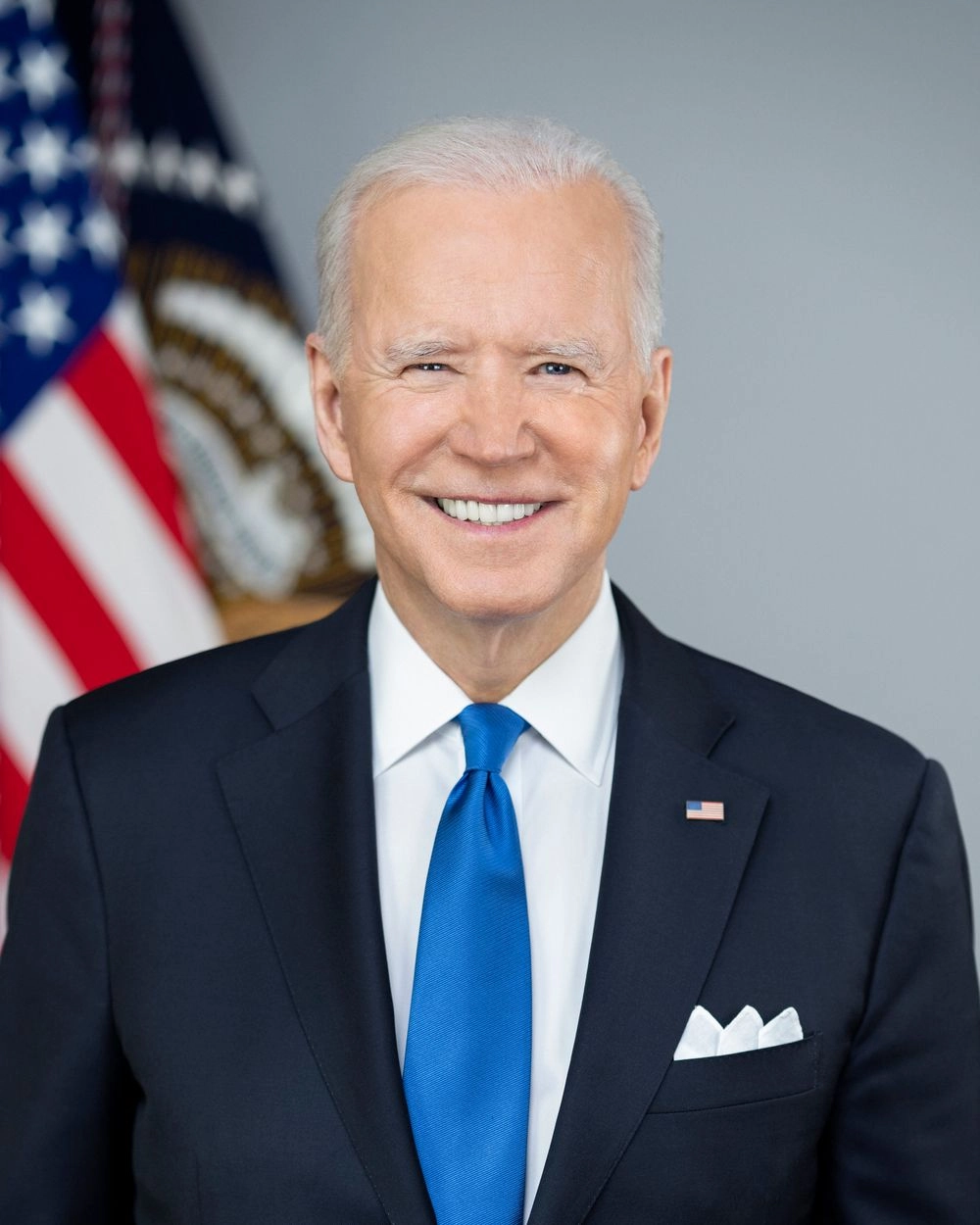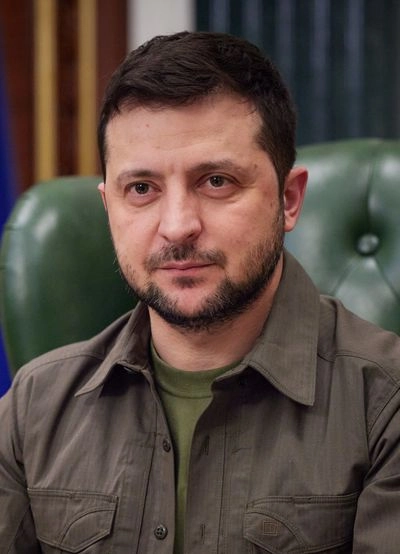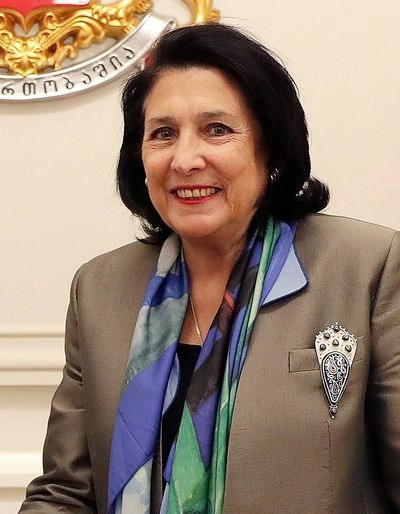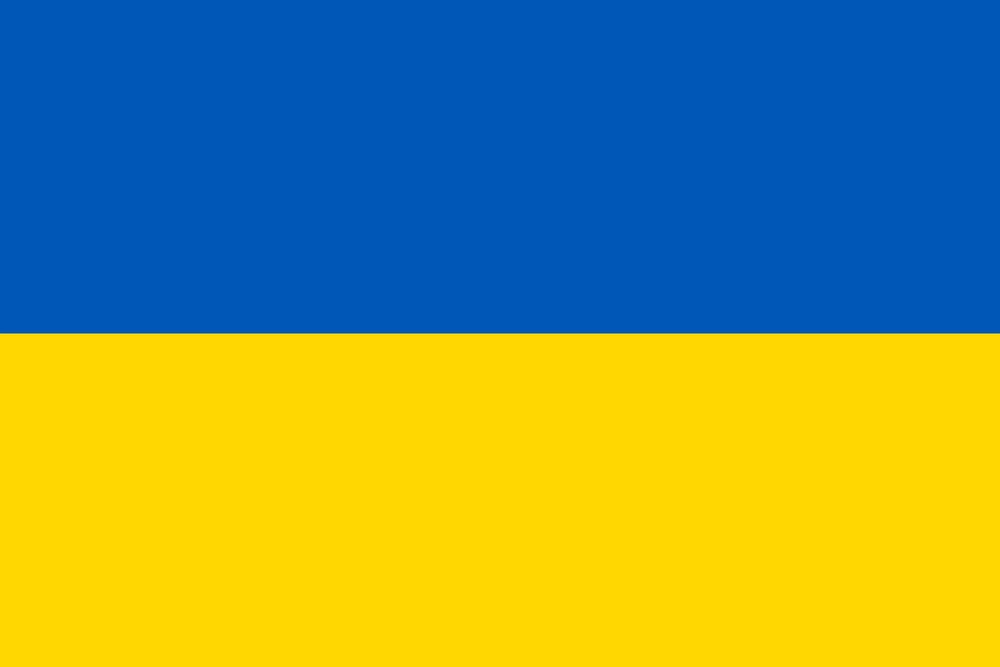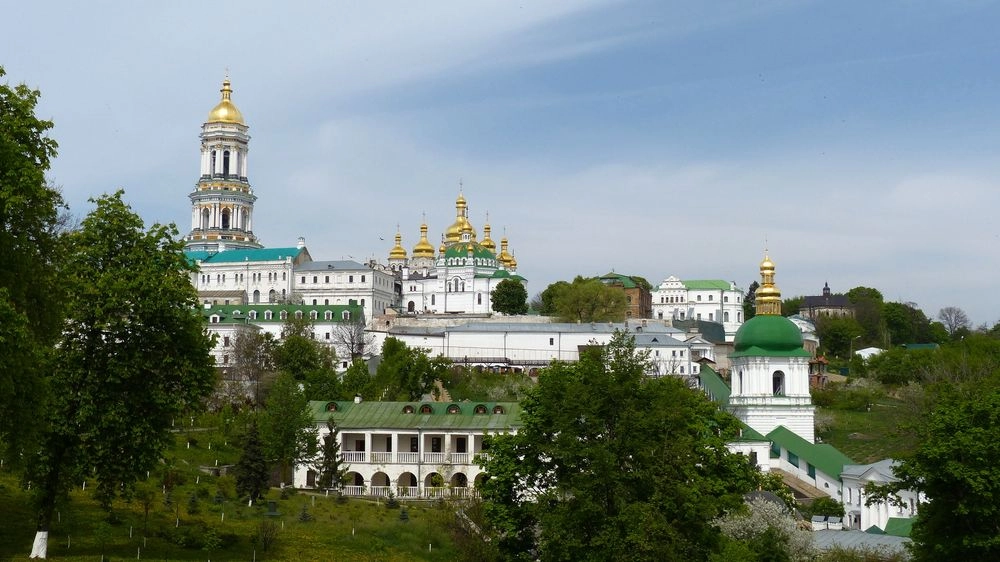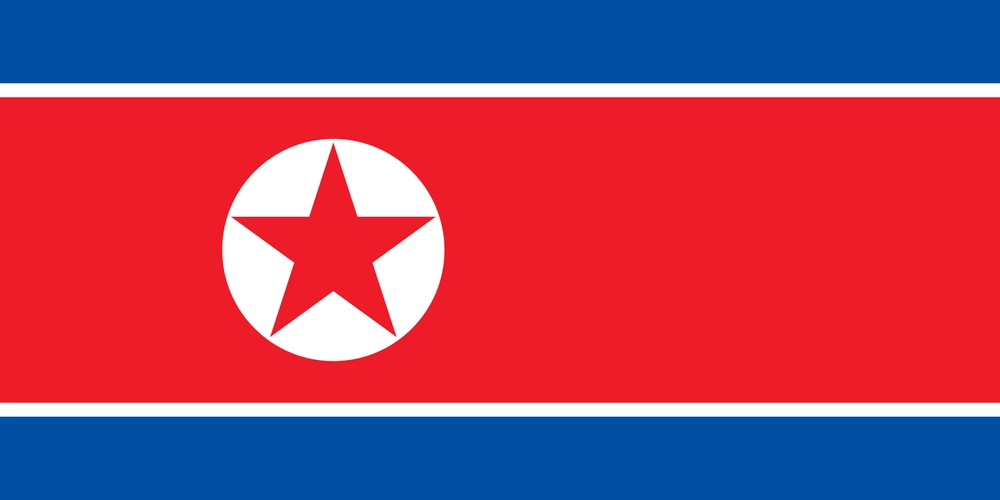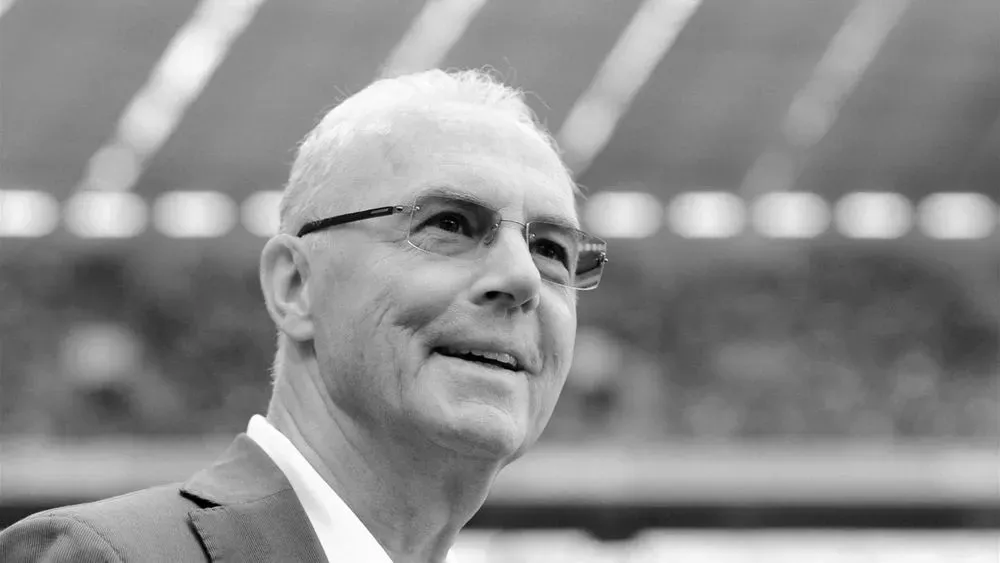
Franz Beckenbauer, the legend of Bayern Munich and the German national team, died at the age of 78
Kyiv • UNN
Football icon Franz Beckenbauer, known as "Kaiser," has died at the age of 78, his family has confirmed to DPA.
One of the greatest players in German football, Franz Beckenbauer, died on Sunday at the age of 78. This was confirmed by his family on Monday, January 8, conveying a request to "grieve in silence and not ask any questions," UNN reports, citing the DPA news agency.
Details
Franz Beckenbauer, one of the greatest players in German football, who led the team to victory at the 1974 World Cup and then won the tournament again as a coach in 1990, has died at the age of 78. The death of the outstanding athlete was reported by his family to the DPA news agency.
Beckenbauer was a sophisticated and dominant representative of West Germany and Bayern Munich, with whom he won three consecutive European Cups, and was nicknamed Der Kaiser, or "The Emperor".
Beckenbauer was born on September 11, 1945 and grew up in the working-class Giesing district of Munich. He joined Bayern Munich as a junior, at the age of 13, and quickly became a key player for the Munich club. In addition, at the age of 20, Beckenbauer was called up to the German national team.
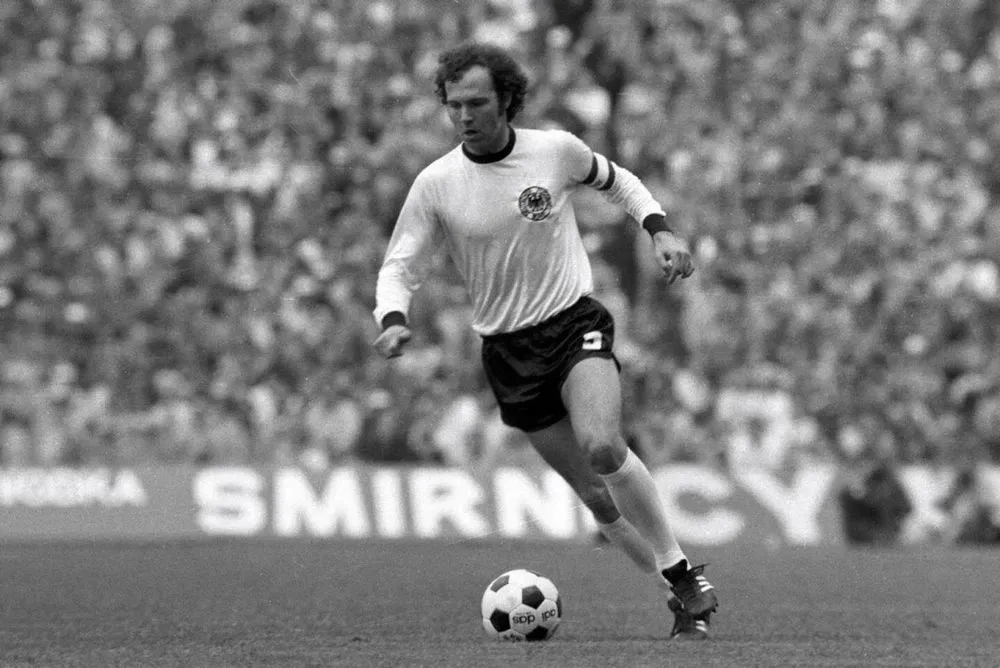
Thanks to his elegance and ease on the pitch, he redefined the role of the libero and crowned his career with a victory at the 1974 World Cup, lifting the trophy as captain of West Germany.
After several years in the United States with the New York Cosmos, where he played in the legendary team with Pele, Beckenbauer returned to Germany and won another championship title with Hamburg in 1982.
After his playing career, he became a coach and manager
After an active career, Beckenbauer became the head of the German national team. Before he even had time to obtain a coaching license, he led the West German national team to the final of the 1986 World Cup, where they lost to Argentina (2-3). However, 4 years later, Argentina with Diego Maradona and the German national team met again. In the decisive match, Franz Beckenbauer's men beat Argentina with a minimum score thanks to a penalty kick by Andreas Brehme in the 85th minute.
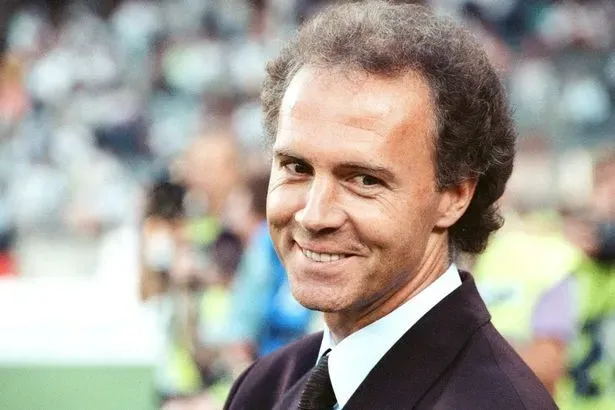
As Spiegel notes, Beckenbauer resigned from his post without leaving his successor, Bertie Vogts, with a heavy burden - the goal of invincibility.
Beckenbauer returned to Bayern Munich as a coach when his team was in crisis in the mid-1990s. He also served as the sporting director of Marseille in his career. He was destined to celebrate a great triumph again in 2006, when he was the head of the 2006 FIFA World Cup organizing committee.
Allegations related to multi-million dollar awards
Allegations related to the awarding of the World Cup with dubious multimillion-dollar payouts have left a belated aftertaste for Beckenbauer's impressive life.
The Bundestim used his charisma and glamor in its bid to host the 2006 World Cup. A Summer's Tale was Beckenbauer's masterpiece as a functionary - and a difficult one for him personally. When the dubious payments became public, he was hit with accusations. Former high-ranking German politicians came to Beckenbauer's defense in the 2006 World Cup scandal.
In the summer of 2019, the Swiss Prosecutor General's Office separated the case brought against him on suspicion of fraud from the case of his co-defendants. As a result, the statute of limitations has expired.
Poor health in recent years
Beckenbauer struggled with serious health problems, dealing with a heart problem and Parkinson's disease. Due to his poor health, he almost completely withdrew from the public for a long time.
It is with deep sadness that we announce that my husband and our father, Franz Beckenbauer, passed away peacefully in his sleep yesterday, Sunday, surrounded by his family. We ask you to grieve in silence and refrain from asking any questions






